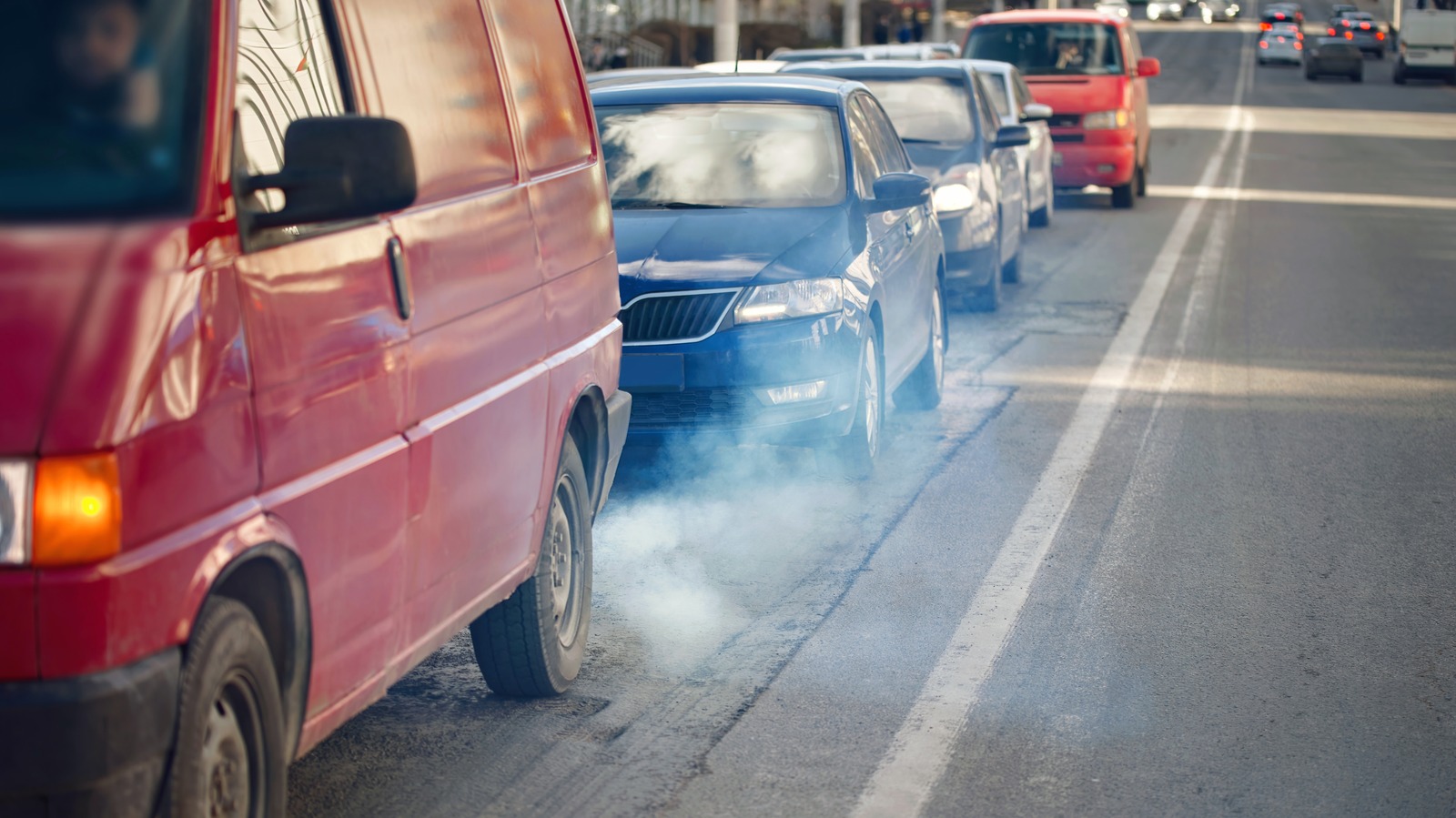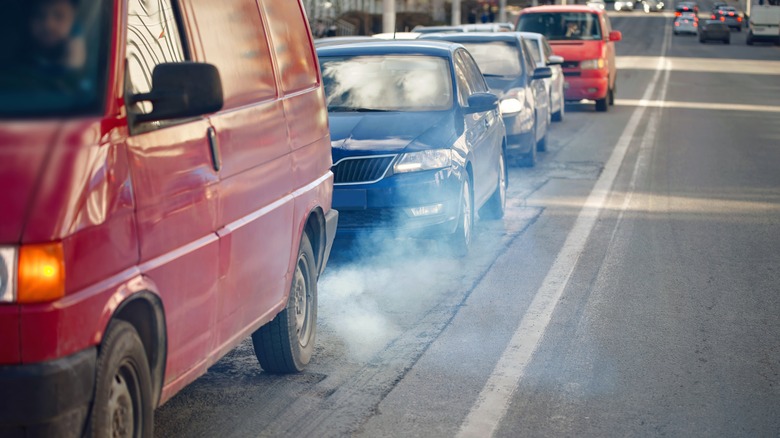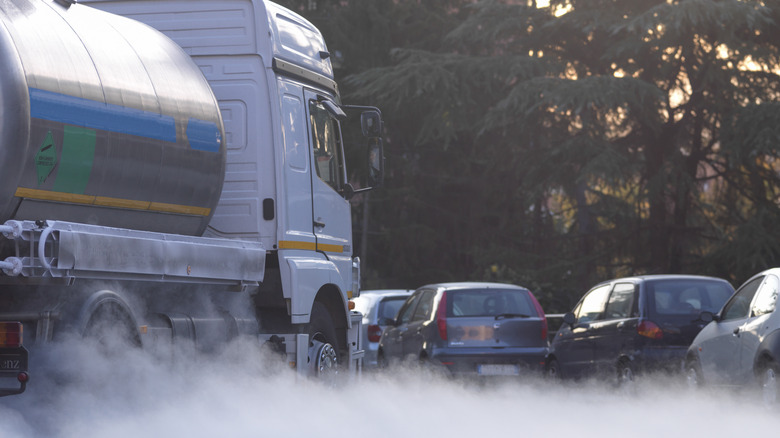Oh boy, we’re stuck in traffic. People are honking, the lane next to you seems to go by faster, and you know if you merge, it’ll suddenly slow down. At least we’re in a car. The engine idling for a bit isn’t that big of a deal. Except, it is.
There are many misconceptions about whether idling your engine, such as you might do to warm it up on a cold day, is still a smart habit or a thing of the past. Of course, everyone wants to be comfortable when starting up their car for their daily commute or running some errands. But do you think letting it idle for the HVAC to kick in and heat up the interior cabin is really doing any good? Let’s bust this myth right now.
Let’s bust this myth right now. A general rule is to not let the car idle for more than 30 seconds if you can help it. Idling your car is a problem waiting to happen, and one that will cost you. Heck, sometimes it will even cost you a fine, since New York City pays residents to report people who let their vehicles idle too long.
Letting your engine idle isn’t a good idea
Now, letting your car idle for a short period of time shouldn’t have any detrimental effects on your car. However, extended and excessive idling of your engine will have a negative impact on your engine. Just 10 seconds of idling alone can use more fuel than starting the car, so turning it on and off would be a better idea than taking the chance of damaging your engine.
There are lots of issues creeping up if you let your car idle. Internal combustion engines rely on a careful balance of an air-to-fuel mixture to keep the car running smoothly. When you’re idling, there’s more fuel in the mixture than air because the car isn’t moving, and thus, no air is being pushed into the intake. This puts more stress on the engine, leading to premature engine wear, and damage to several engine components, including the cylinders, spark plugs, and exhaust systems.
Speaking of which, as the engine idles, fuel residue can build up on cylinder walls and contaminate the motor oil. Because the engine isn’t continually firing, the residue isn’t burning off, and water can condense in the vehicle’s exhaust system. You’re basically breaking your engine a little at a time, and wasting gas, too.




